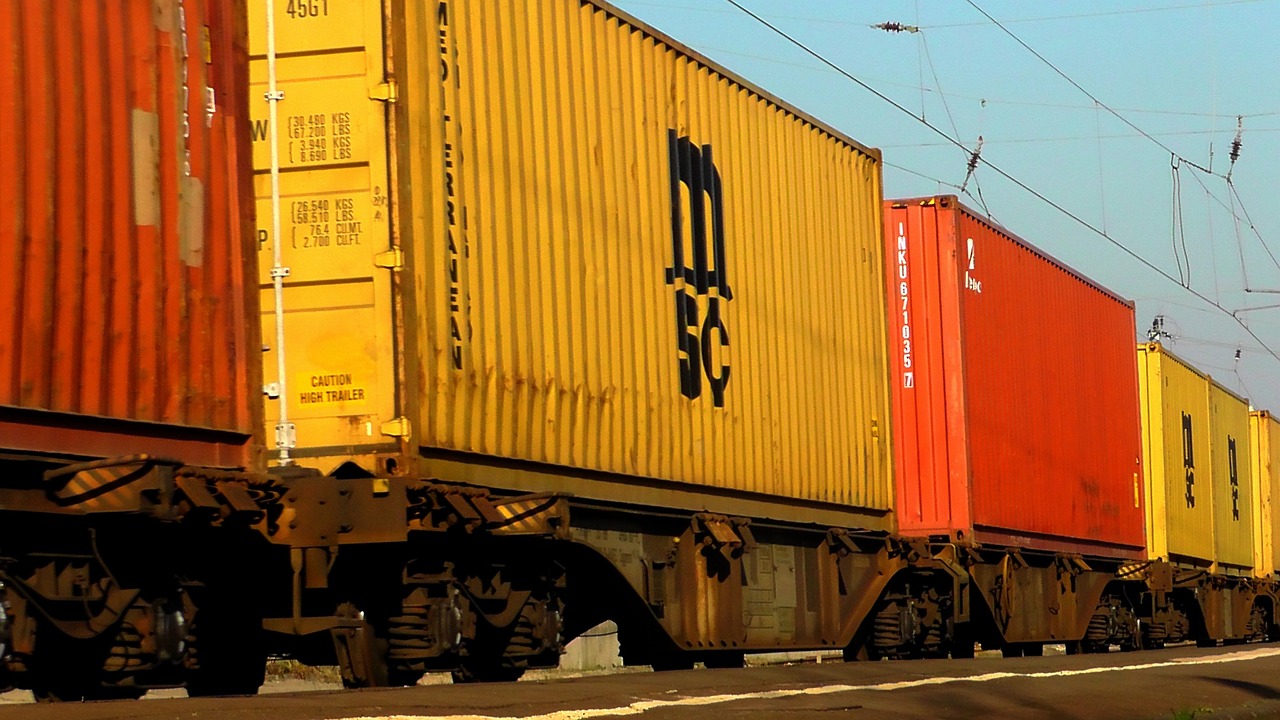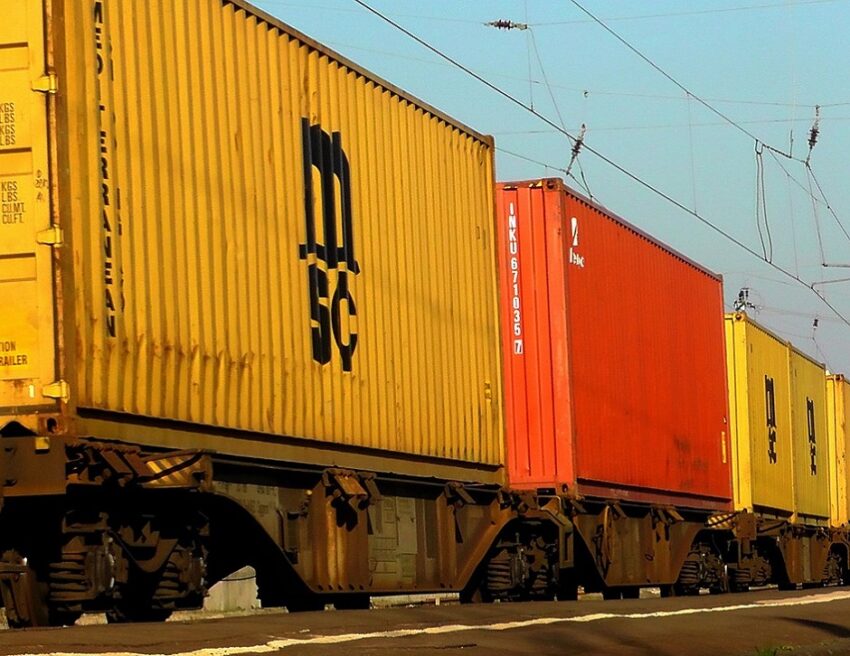The eFTI (electronic Freight Transport Information) is an EU regulation that will have far-reaching consequences on the digitization of the freight forwarding industry. Before anything else let’s take a look at the definition of eFTI.

What is eFTI and how it will impact the European freight forwarding industry?
The freight forwarding industry in the European Union (EU) is actively transitioning towards digital freight processes. The traditional use of paper documents and long customs lines is gradually giving way to electronic information exchange, leading to smoother transit operations. Central to this transformation is the EU Electronic Freight Transport Information (eFTI) Regulation, aligning with the region’s Smart and Sustainable Mobility Strategy and the Green Agenda, with full implementation anticipated by 2025.
In essence, the eFTI Regulation aims to establish a consistent legal framework for the regulation of digital freight documentation exchange. It defines technical standards for eFTI gates and platforms while also enforcing the acceptance of information in electronic format by EU authorities, provided that businesses opt for digital submission. This EU Regulation on electronic freight transport information is scheduled to come into effect in 2025. One of its key provisions is the requirement for competent authorities to acknowledge and accept information submitted in electronic format.
How the eFTI will help to digitize the freight transportation scenario?
In the era preceding the Electronic Freight Transport Information (eFTI) system, the freight forwarding sector was plagued by paper-based documentation, fragmented data shared among various stakeholders, and a lack of standardized data transmission methods. These factors collectively contributed to inefficiencies in freight transport operations, resulting in delays, increased administrative expenses, and unnecessary emissions stemming from document production.
Recognizing the need to drive the digitization of freight transport and logistics, aiming to mitigate these inefficiencies, bolster the enforcement capabilities of competent authorities, and enhance the overall efficiency and sustainability of transportation, the European Commission took a pivotal step in 2020. They adopted the Electronic Freight Transport Information Regulation (eFTI 2020/1056), designed to promote the adoption of digital technologies with the following objectives:
- Facilitate compliance with regulatory requirements related to the necessary documentation for transporting goods.
- Reduce administrative costs for operators within the industry.
- Secure the acknowledgment of electronically provided information regarding the transport of goods by competent authorities.
- Ensure consistent application of the obligation for competent authorities to accept electronic data.
- Foster interoperability among the various IT systems and solutions in use across the industry.
Changes we can anticipate with the entry of eFTI in 2025
The eFTI, set to come into effect in 2025, introduces a legal framework enabling economic operators to electronically submit information to authorities regarding the transportation of goods by road, rail, inland waterway, or air within the European Union.
It will have a broad impact on various EU regulations, encompassing areas such as tariffs, combined transport, road cabotage, waste shipment, dangerous goods, aviation safety, and rail interoperability, among others. Despite experiencing several delays, it is anticipated to be fully operational starting from December 2025.
Significantly, the eFTI Regulation mandates that authorities must accept information submitted in electronic format in accordance with the specific format stipulated by the Regulation. However, it’s important to note that economic operators are not compelled to use the electronic format and may still rely on traditional paper documents if they choose to do so.
Furthermore, the Regulation necessitates that authorities establishing their own systems adhere to common standards established at the EU level, ensuring uniformity and consistency across the entire territory. As Jaume Bagot, Head of Process Improvement at the Port of Barcelona, points out, private companies have often been at the forefront in generating electronic documents, even though these documents were not always accepted by governmental administrations and competent authorities. With the eFTI Regulation, these entities will be legally obligated to utilize electronic formats.
eFTI platforms will help the logistics operators with seamless exchange of documents
The exchange of documents will be facilitated through eFTI platforms, which are built on Information and Communication Technology (ICT) systems and databases designed to host document information. Member States are mandated to implement the eFTI Regulation by December 2025, but they have the option to do so earlier if they are fully prepared and certified eFTI platforms and service providers are available.
Certified platforms, whether operated by private or public entities, will serve as the interface for accessing and sharing documentation, while administrations that require access to this documentation will play a central role on the other side of the spectrum. Importantly, economic operators are not compelled to provide regulatory information in electronic format; however, they may choose to do so if they utilize a certified eFTI platform and service provider.
Authorities will have the capability to access information stored on the eFTI platform upon request, and preliminary transport controls are being contemplated as the eFTI Regulation establishes a legal basis for its application. These controls may involve inquiries via an eFTI window to ascertain the presence of a unique identification link to information related to an ongoing transport operation. If such a link exists, authorities would be authorized to request access to the data.
One of the notable challenges in the European freight transport sector is achieving interoperability between IT systems and traditional paper-based legacy systems. Standardization of data formats and protocols is essential to ensure that a paper document conveys the same content as its digital counterpart. This harmonization is pivotal in streamlining the exchange of information and fostering efficiency in the freight forwarding industry.


